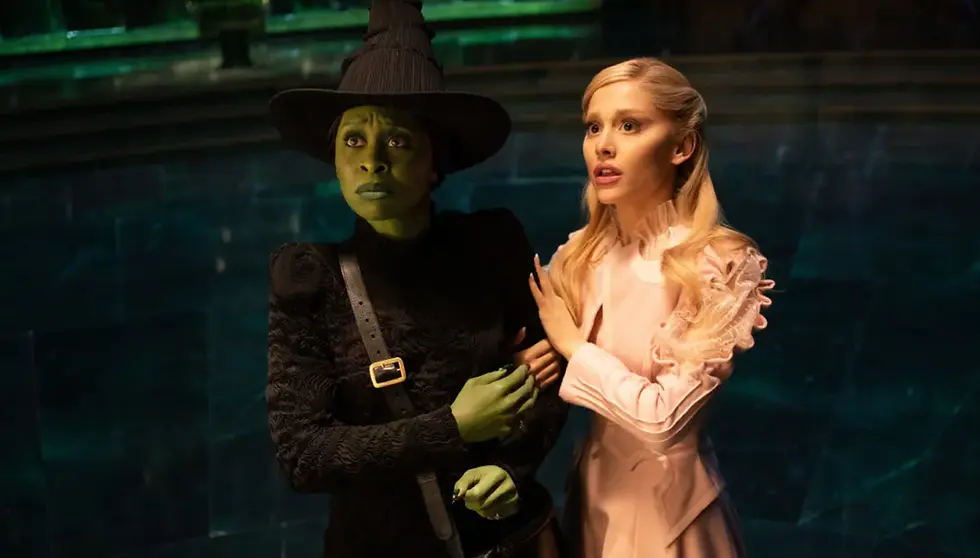Small Faces - Rosemary Branch Theatre
- comaweng
- Apr 10, 2018
- 3 min read

The programme’s cover image for Small Faces includes a telephone off the hook, a bottle of Jack Daniels whisky and a tub of pills. All it needed was a book by Sylvia Plath to be included. Then it would showcase possibly the most melodramatic and depressing play of the year. But even if my experience of school included as many examples from teaching staff of how not to live one’s life as an adult as Gwen (Murigen O’Mahoney) experienced in her own formative years, one of the few memorable and positive things that have stayed with me over the decades is the saying that one should not judge a book by its cover. Likewise, a play ought not to be judged on its cover image.
This play takes the form of two monologues, one with Gwen, the other with Lori (Jamie Lee Pike). The former is pregnant, the latter is widowed. There’s an obvious generational gap, but what they have in common is physical proximity – they live in the same block of flats, close enough such that Gwen can hear it when Lori’s stereo is cranked up – and a similar need for companionship. This need explains why Lori telephones Gwen as often as she does: a need for assistance with what certain functions the remote control for her television perform is really a need to talk to someone. For reasons that become clear in the narrative, Lori doesn’t get out much these days. Not being au fait with social media and other technological means of communicating with others (her description of the online dating process is quite hilarious), her options are limited.
Even without allowing for this most unassuming audience (the performance was a fundraiser for another show by Temporary Misplaced Productions that will enjoy a run this summer at the Edinburgh Festival Fringe), the play is an intriguing one. It remains intriguing to the end, which is quite an achievement given that Act Two is essentially the same as Act One but from the other person’s perspective: but in, for instance, hearing that ‘other’ side of a phone conversation in the second half, the narrative comes together as a cohesive whole.
There’s some humour, mostly in the form of comic relief from the serious themes the play brings to the fore, partly because of misunderstandings, and partly because, in the soliloquies, some pleasant memories come to mind. Both characters, in their own way, wrestle with whether they should even carry on living. For Lori, toasting her widow Fletcher’s birthday, the celebratory mood gradually turns sourer; for Gwen, a stressful argument with ex-partner Peter compounds an already bleak situation.
There was, as someone pointed out to me afterwards, a generous dosage of swearing, particularly in the second half – though I didn’t personally detect any more profanity than has become normal in contemporary plays. The play did make me shifty and uncomfortable at times but not because of ‘eff, cee and effing cee’. It’s not nice seeing someone describe themselves quite convincingly as someone who “should have been sectioned years ago” and builds herself a wonderful portrait of doing everything possible to help her child to be get the best possible start in life, only to tear it all down again for lack of self-esteem.
Certain details are relatable to many, such as humming a tune but not quite knowing why, before getting frustrated that one can’t recall what the tune even is. The very end, though predictable from what happens just before the interval, is still a pleasant reassurance when it comes. Now, it is quite normal for creatives to be bags of nerves on opening night: all their collective efforts have come down to this live performance. It is relatively rare, however, for someone, whose blushes I shall spare by retaining their anonymity, to be the wreck they were, even after the show. I have no idea why they were so concerned: this very topical and bittersweet production flowed brilliantly, and I hope this isn’t the last time the show graces the London stage.
Four stars




Comments